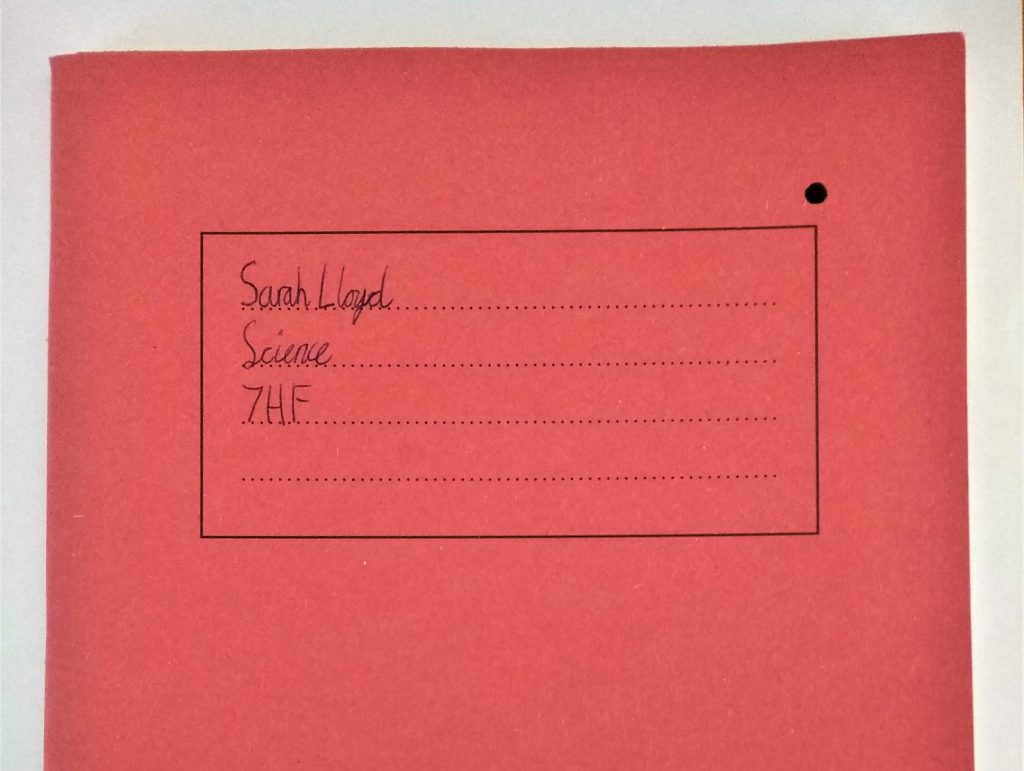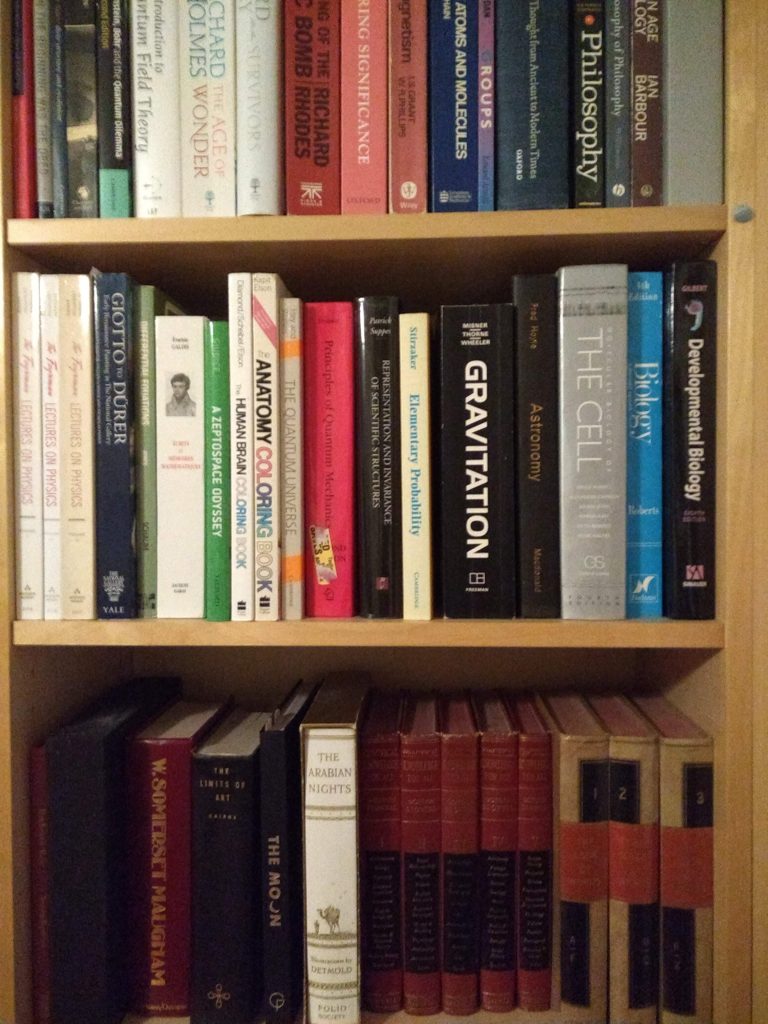Unsurprisingly, P8 gaps have increased between 2019 and 2022. We anticipated that before last week’s results were released by the Department for Education. What is interesting to interrogate the data release is: just how much is the increase, and is it uniform across schools?
How much has it increased by? Quite a lot. The P8 gap (whether measured at school level or nationally) has increased by 25% since 2019 and is the largest gap since the P8 measure was introduced in 2016. Because of changes to measures, it is more difficult to compare further back but the indications are that COVID-19 has eroded the gains narrowing attainment gaps in secondary schools that have been made since the introduction of the pupil premium in 2010.
Is the increase uniform across schools? Not at all. It is not the case that schools in general have seen the same gap increase since 2019. The 2019 gap data is actually a very poor predictor of schools’ attainment gaps in 2022…
Continue reading “Increase of the Progress 8 gap in England since COVID-19”






